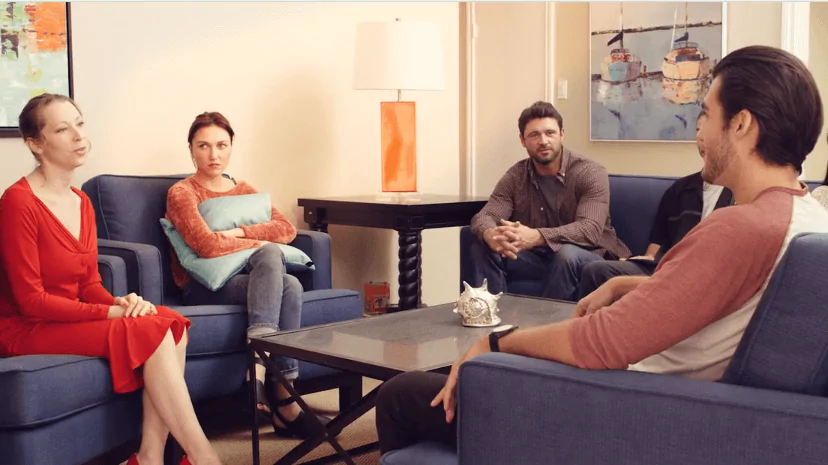24/7 Helpline:
(866) 899-111424/7 Helpline:
(866) 899-1114
Other Insurance Options

ComPsych

Premera

Choice Care Network

Health Net

BHS | Behavioral Health Systems

Private insurance

Meritain

Regence

Multiplan

Humana

CareFirst

Excellus

American Behavioral

EmblemHealth

BlueCross

UMR

Ceridian

AllWell

Absolute Total Care

Kaiser Permanente












AA – Alcoholics Anonymous
AA – Alcoholics Anonymous is a non-profit rehab located in Mariposa, California. AA – Alcoholics Ano...

Mariposa County – Behavioral Health and Recovery Services
Mariposa County – Behavioral Health and Recovery Services is a public rehab located in Mariposa, Cal...









































































